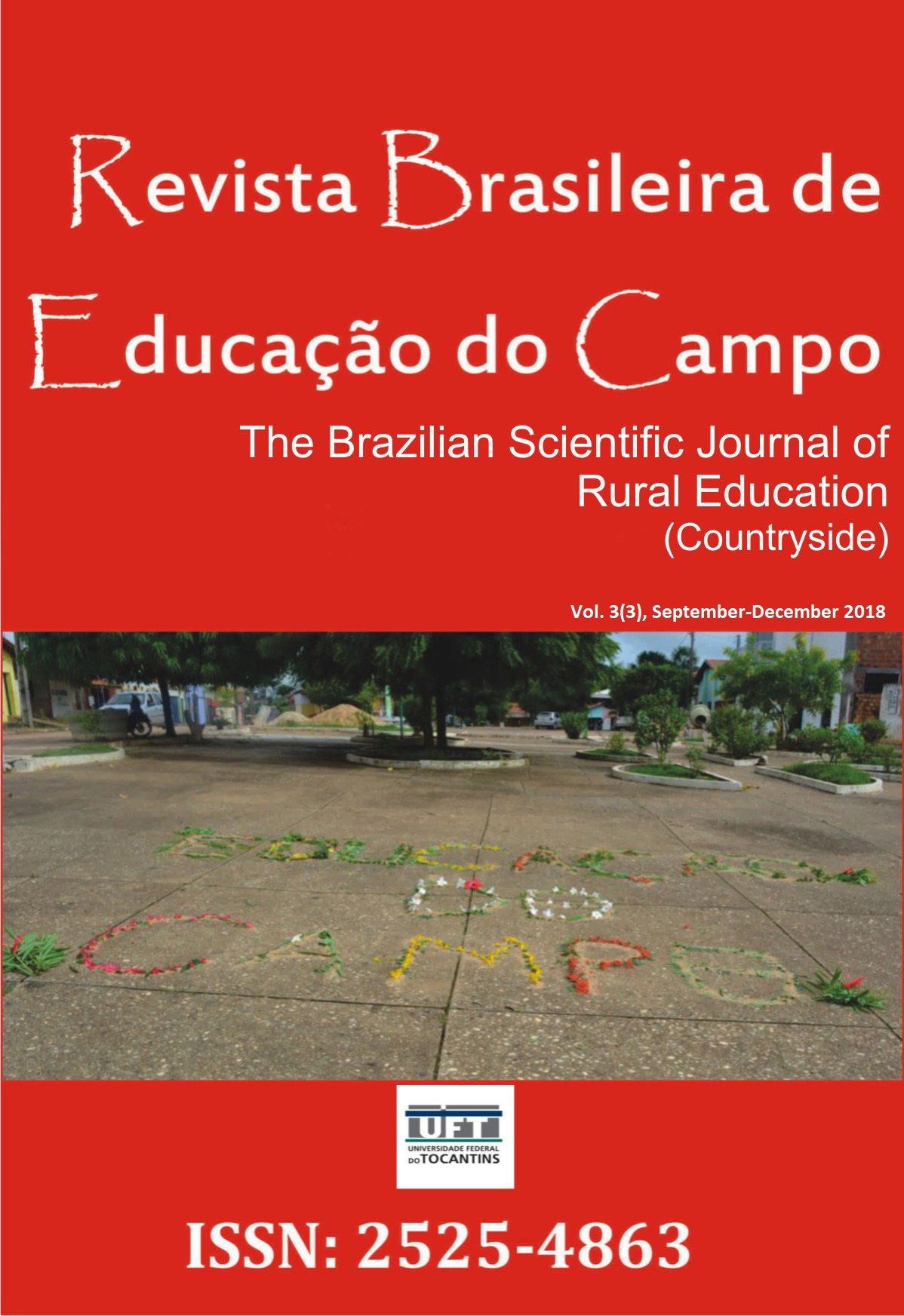Educational projects as a teaching methodology for country education school Sol Nascente of Confresa-MT
DOI :
https://doi.org/10.20873/uft.2525-4863.2018v3n3p991Résumé
ABSTRACT. Developing educational projects in rural schools can be a viable alternative because it provides moments of great learning to the subjects involved. In order to highlight the need to develop teaching methodologies for Rural Education, this study aimed to use educational projects as an alternative to attend to this clientele. The study, with a descriptive and exploratory character and a qualitative approach, is an action research developed at the Sol Nascente State School, which is a school located in the rural area of the municipality of Confresa/MT. Two educational projects were developed: "Reading is accurate, dreaming is inevitable" and "Reading is the way to learn". The study of pedagogical projects aimed at the rural education schools led us to realize the importance of inserting reading literary books as action within these projects. Based on the assumption that it is possible to collaborate with student learning, this study investigated the development of projects as well as teaching methods that meet the local specificity in this case a rural school. Therefore, the intention of this investigation was to analyze the development of educational projects as teaching methodology for such schools and teaching modalities.
Téléchargements
Téléchargements
Publié-e
Comment citer
Numéro
Rubrique
Licence
Proposal for Copyright Notice Creative Commons
1. Policy Proposal to Open Access Journals
Authors who publish with this journal agree to the following terms:
A. Authors retain copyright and grant the journal right of first publication with the work simultaneously licensed under the Creative Commons Attribution License that allows sharing the work with recognition of its initial publication in this journal.
B. Authors are able to take on additional contracts separately, non-exclusive distribution of the version of the paper published in this journal (ex .: publish in institutional repository or as a book), with an acknowledgment of its initial publication in this journal.
C. Authors are permitted and encouraged to post their work online (eg .: in institutional repositories or on their website) at any point before or during the editorial process, as it can lead to productive exchanges, as well as increase the impact and the citation of published work (See the Effect of Open Access).














